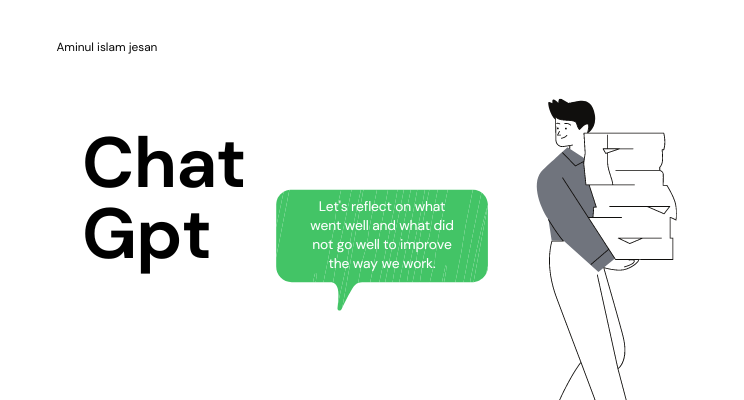If you run a small or medium sized enterprise, there are a few things that you need to consider when you are developing your business plan. You will need to do a SWOT analysis and plan how you will make the most of your resources. Then, you will need to create a marketing and sales strategy. Finally, you will need to learn how to share your knowledge and ideas with others.
Small business
Small business is any legal entity fewer than 100 employees. It may be a sole proprietorship, partnership, or a corporation. The legal designation is one of the most important factors to consider when starting a business. A small business is also the easiest to scale up or down. To make the most of your business, you must first identify the market you want to enter.
The best way to go about it is to study the business landscape in your city or town. This will help you determine what your competition does, and what you can do to compete. If you do not know what your competitors are doing, you will not be able to come up with a winning strategy.
Medium-sized business
In terms of finance, a medium-sized business uses a variety of different financing techniques, depending on the needs of the business. Some of the most common types of finance used include debt, loans, and equity investments.
Medium-sized businesses often have a larger cash reserve. This can help them navigate potential obstacles that smaller firms may not be able to handle. Moreover, they tend to have a more observable track record that is helpful in facilitating financing decisions.
A medium-sized business may also have access to additional types of funding, such as debt, leasing/hire purchase agreements, or stock market listing. Typically, these organizations have in-house financial management to review current structure, evaluate options for alternative funding, and match these options to the business’s needs.
Business plan
Whether you’re starting a new business or looking to expand an existing one, a business plan is a crucial part of ensuring your success. These documents can help you attract distributors, recruit new staff, and make important financial decisions. A detailed plan can also convince potential investors that you’re a good investment.
A business plan is divided into different sections. The first section is an executive summary, which provides an overview of the company and its products or services. It includes the company’s location, ownership structure, and mission statement.
A business plan also includes an objective statement, which describes how the company plans to grow. An entrepreneur might want to use the objective statement to request a business loan. He’ll need to explain how the opportunity presented will improve the company’s financial position and increase the amount of money it generates.
SWOT analysis
A SWOT analysis is a method of mapping and evaluating your business. This helps you make informed decisions. It can also help you uncover and eliminate weaknesses in your operation. In addition, a good SWOT analysis can provide a solid foundation for your next business venture.
Before conducting a SWOT analysis, you should first identify your Strengths and Weaknesses. These can be people, processes or products. You should also take a close look at the strengths and weaknesses of your competitors. Your employees can be your greatest strength. However, they can be a weakness as well.
Another part of a SWOT analysis is identifying your Threats and Opportunities. The threats can be internal or external. Internal threats can come from a shift in priorities for your customers or changing regulations. External threats can be from new competitors.
Knowledge sharing
Knowledge sharing (KS) is the sharing of knowledge. This may involve teams sharing experiences outside of work hours, or the sharing of training or seminars. In general, the process of transferring knowledge is a vital component of the operation of SMEs.
One study showed that a well-connected team is able to produce 20-25% more. Another study uncovered a correlation between knowledge sharing and innovation performance. However, there has been little research on knowledge transfer in the SME sector.
A recent study on knowledge transfer examined how SMEs in developing countries transfer their knowledge to business partners overseas. The paper used descriptive statistics and questionnaires to collect data on knowledge sharing. It compared two hospitality companies’ knowledge sharing practices and found three distinct aspects.
WEBSITE: https://cheerscontracts.com/
LINKEDIN: https://www.linkedin.com/company/cheers-contracts
INSTAGRAM: https://www.instagram.com/cheerscontracts/



